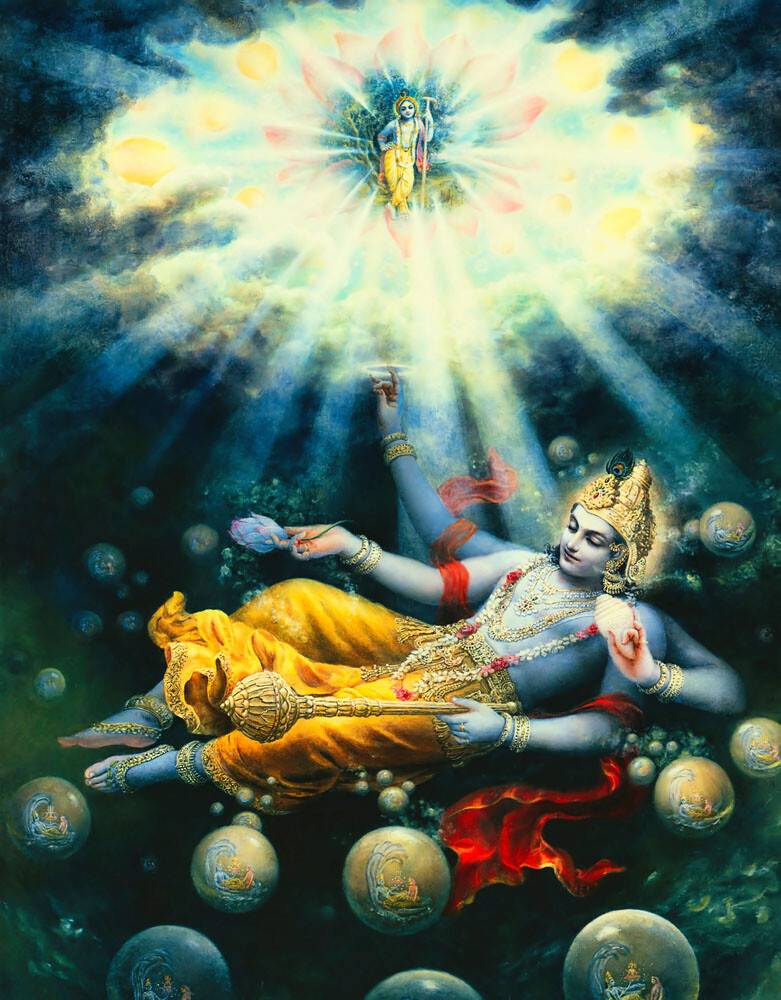Unraveling the Sacred Essence: The Deeper Symbolism Behind Impregnation in Hinduism
Explore the profound meaning of impregnation in Hinduism, delving into its symbolic, spiritual, and cultural significance within various contexts.

In Hinduism, the concept of impregnation carries a depth of meaning that transcends the physical act of conception. The term can refer to the spiritual, mental, and emotional aspects of creation, as well as the formation of ideas, values, and beliefs. Hinduism, as a diverse and multifaceted religion, offers a unique perspective on this notion, emphasizing the interconnectedness of all things and the importance of understanding the underlying principles that govern life.
Impregnation, in a spiritual sense, can be understood as the infusion of divine energy that gives life to all creations. This idea is deeply rooted in the Hindu belief in a cosmic consciousness, or Brahman, which is the ultimate reality and the source of all that exists. According to the Upanishads, one of the most important philosophical texts in Hinduism, the entire universe, including human beings, is an expression of Brahman. The process of creation, thus, can be seen as the manifestation of this divine consciousness, with impregnation representing the initial stage of this unfolding.
Within the context of the Hindu tradition, impregnation also signifies the union of the male and female aspects of divinity. This is beautifully illustrated in the story of Lord Shiva and his consort, Parvati, who together symbolize the cosmic dance of creation and destruction. In this cosmic dance, Shiva represents the male principle of pure consciousness, while Parvati embodies the female principle of creative energy or Shakti. Their union is an eternal process, perpetually bringing forth new worlds and experiences, and allowing for the continuous cycle of birth, death, and rebirth.
Moreover, impregnated meaning in Hinduism extends to the realm of ideas and values, highlighting the importance of nurturing and cultivating one's beliefs and principles. As the Bhagavad Gita, another sacred text, teaches, our thoughts and actions are shaped by the impressions or samskaras that we accumulate throughout our lives. Impregnation, in this sense, refers to the sowing of seeds of knowledge and wisdom that can lead to spiritual growth and self-realization. Just as a mother nourishes her unborn child, we must also care for and protect the ideas and values that define our character and guide our actions.
In conclusion, the concept of impregnated meaning in Hinduism offers a profoundly rich and multi-dimensional understanding of creation, encompassing the physical, spiritual, and intellectual aspects of life. By recognizing the interconnectedness of all things and the divine nature of our existence, we can better appreciate the miraculous process of creation and our role in that cosmic dance.




